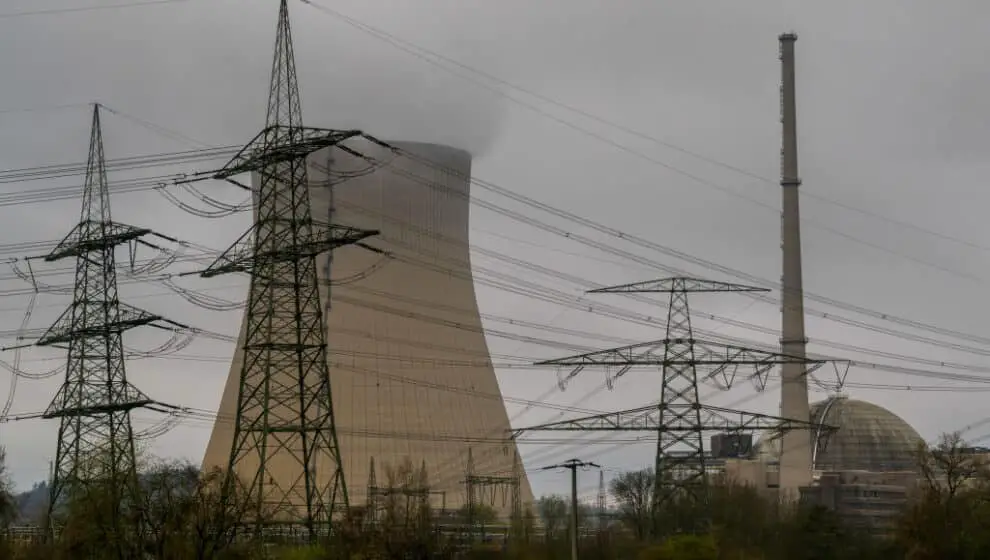Germans learned this week that energy prices are set to rise 45%—after having just shut down its last three nuclear reactors.
Key Details
- Just as energy prices were beginning to decline, the German multinational electric utility Eon Energie announced on Saturday that energy prices would increase starting June 1 in parts of the country.
- The announcement came the same day that the country powered down its final three nuclear power plants.
- A poll from Forsa Institute found that nearly two-thirds of Germans are in favor of re-extending the lifespan of the closed nuclear plants, while only 28% support a total removal of nuclear power.
- The decision has been heavily criticized by nuclear proponents, who argue that Germany should not be turning off zero-carbon power sources amidst an energy crisis and a climate crisis.
Why It’s Important
Germany’s anti-nuclear movement saw victory on Saturday when the final three nuclear power plants in the country—Emsland, Neckarwestheim II, and Isar II—ending a decade-long agreement to phase out nuclear reactors in favor of clean energy alternatives. The country has shut down 16 of its reactors since 1997, decreasing reliance on nuclear energy from 30.8% to 6% in 2022.
European anxiety surrounding nuclear power—spurred by the accidents at Chornobyl in Ukraine; Three-Mile Island in Pennsylvania; and Fukushima in Japan—resulted in a decades-long movement to remove reactors, which activists have claimed are dangerous. The German government kept the remaining reactors online for several months after their planned deactivation due to ongoing strain on the energy supply and fears that the grid could not handle losing 6% of its power supply.
Europe is also continuing to face the continued challenges of the ongoing war in Ukraine, which resulted in a months-long energy crisis due to reduced supplies of oil and gas flowing from Russia. Closing power plants stands further to reduce Germany’s access to cleaner energy sources as it continues its energy transition, particularly if the Ukraine invasion drags out into a second winter.
Opposing Reactions
Anti-nuclear activists celebrated Saturday as a victory against a power source that many Germans feared would produce another deadly meltdown or disaster. “The nuclear phase-out makes Germany safer and avoids additional high-level radioactive waste. The risks of nuclear power are ultimately unmanageable. No insurance in the world covers the potentially catastrophic extent of damage from a nuclear accident,” says the Federal Ministry for the Environment, Nature Conservation, Nuclear Safety, and Consumer Protection.
The decision has received widespread criticism from climate-change activists and nuclear proponents from around the world—notably Elon Musk and activist Greta Thunberg, who noted the decision would increase reliance on coal-power plants for the foreseeable future.
Several German politicians have also noted the potential dangers of the decision. Bavarian Governor Markus Soeder, a one-time supporter of removing nuclear power, declared the decision a mistake. “While many countries in the world are even expanding nuclear power, Germany is doing the opposite. We need every possible form of energy. Otherwise, we risk higher electricity prices and businesses moving away.”
Friedrich Merz, the leader of the Christian Democratic Union, similarly argued that German’s power plants were among the world’s safest and that “no other country is reacting to the Ukraine war and the aggravated energy supply situation like Germany.”
